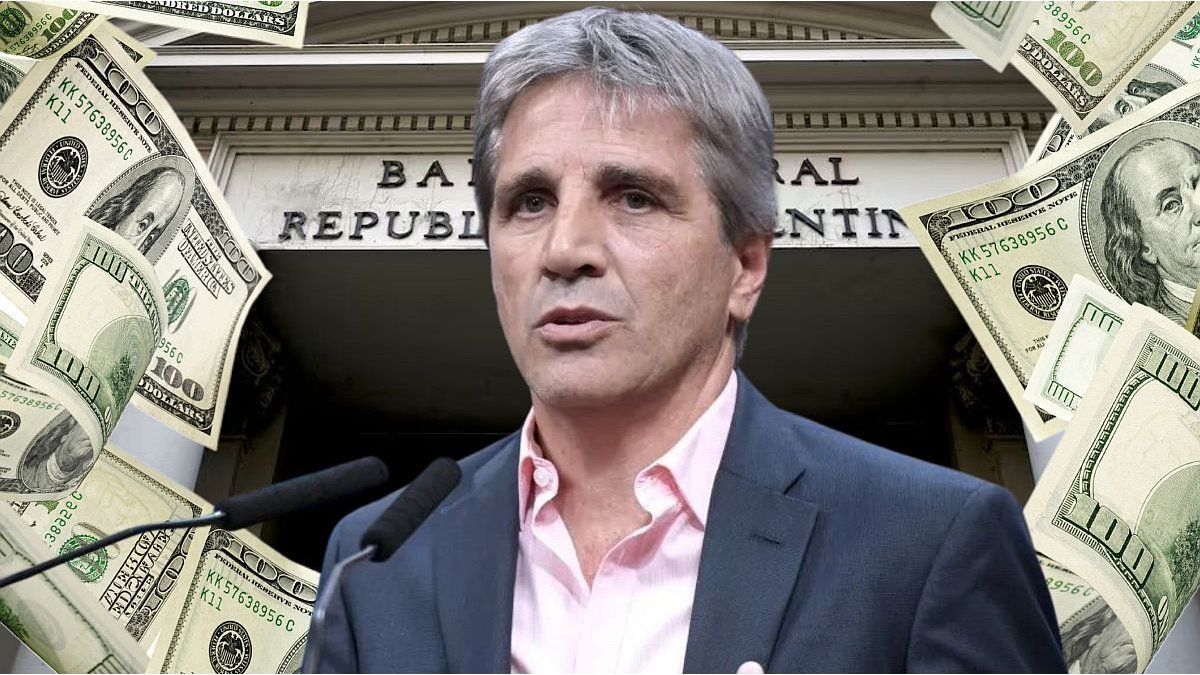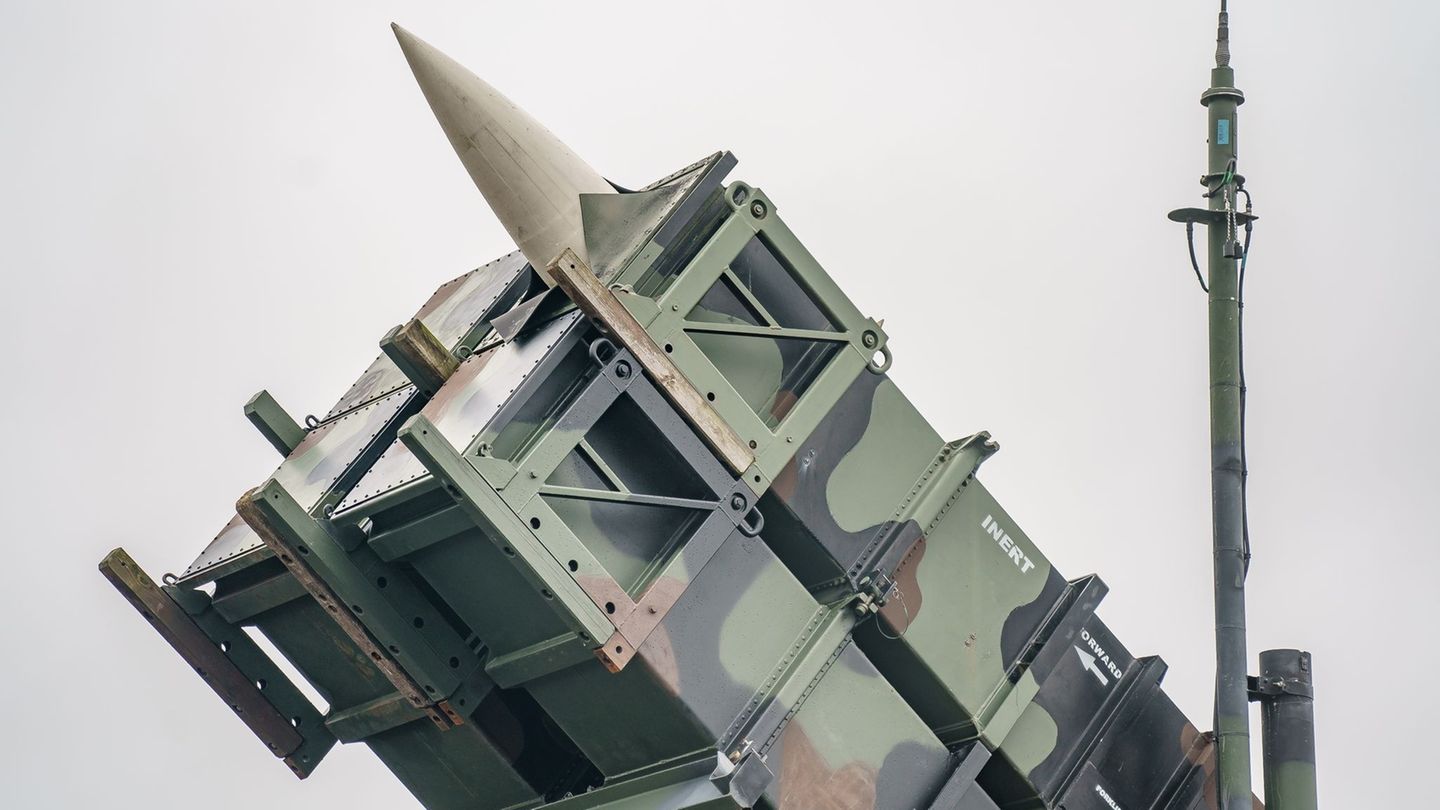interview
Christian Habrecht is a police officer and regional youth leader of the police union in Hesse. star He describes why the profession has become more dangerous for many colleagues today.
Mister Habrechtwhat did you think when you heard the news of the death of your young colleague in Mannheim?
I was sad, shocked and angry. What shocked me most was the video of the crime and the violence with which the perpetrator acted. His colleague turned his back to him and tried to pull a person out of the danger zone. The perpetrator treacherously stabbed him in the head from behind. I still get goosebumps when I see the pictures.
The incident shows the occupational risks that police officers face. How personal is something like this?
That really hits you hard. You immediately think about how you would have behaved yourself. You think about your partner and the family of the colleague who was killed. And you think about the colleagues who had to watch it all.

As soon as the video was published, the first voices were raised: the police officer had behaved incorrectly, they said – because he apparently first wrestled down another participant, whom he mistakenly thought was the perpetrator.
I think the criticism is absurd. The initial situation was an information stand set up by Islam critics in downtown Mannheim. You can’t expect a man with a knife to suddenly start stabbing people. The situation was confusing, there were several injuries, the colleague did what he thought was right. I can’t see any mistake on his part.
Does your training prepare you sufficiently for such situations?
A fully trained police officer is prepared for such situations. We have a lot of operational training on our timetables. But there is no such thing as 100 percent protection. My instructor always said: “A knife is always fatal at close range. Make sure you keep your distance.” The inhibition threshold for attacking police officers with knives has dropped.
There are now relatively frequent videos of police operations on social networks that polarize. Does that make your work more difficult?
Yes, that is a fundamental problem. Videos are made of police actions and they spread like wildfire. They are often manipulated in such a way that they only show a very small section, in an attempt to put the police in a bad light. You see, for example, how police officers arrest a man with dark skin – and suddenly everyone is racist. You don’t see the background, such as the fact that this man had previously attacked the police. In the case of Mannheim, at least the whole incident was shown. Otherwise, at the end it would surely have been said that the shot that the police used to stop the perpetrator was not appropriate. And then the questions start.
And not just the questions, but also the comments….
That’s a second problem. Thanks to social networks, everyone now feels like they’re an expert in operational training. They just have no idea. In a situation like that, you have tunnel vision and are full of adrenaline. That’s something completely different to analyzing an operation from the sofa.
Conversely, there are cases of cross-border Police violence and racism that would never reach the public without videos and social networks.
Yes, there are, but it’s a very small minority. And of course we have to look into it; colleagues like that have no place in our ranks. But most of the videos don’t draw attention to grievances, but rather try to paint a negative picture of our work by shortening it.
“In every uniform there is a vulnerable person
You are not only a police officer, but also the son of a police officer. Has society’s treatment of police officers changed?
I am convinced of that. There is a growing accusation that we are racists. Perhaps it is also because in the past, police officers were sent out without protective vests and were able to talk to citizens and resolve conflicts verbally. Today, police officers are better protected by their equipment, such as protective vests with cut protection on the neck and stab protection plates. On the other hand, we are seeing more and more young people carrying knives, brass knuckles and defense sprays, and the risk of us being attacked with them is increasing. Another phenomenon is the formation of groups. You are called out to an operation and suddenly you are surrounded on all sides by people who are commenting, filming and threatening. That does not make the job any easier.
What would you like to achieve with your work – socially and politically?
My appeal: Before you come forward with ideas and comments, just keep your mouth shut. Behind every uniform there is a person who is vulnerable to attacks and insults. You should always keep that in mind when talking about police officers.
Do police officers need more support from politicians?
Politicians should support us, because police officers are executive bodies that implement what the legislature decides. And I would like the judiciary to send a clear signal against police violence. Sometimes you really get sobered. I’m not a judge, but in the case of Mannheim it seems clear to us: the perpetrator stabbed my colleague with the intent to kill. That was not dangerous bodily harm resulting in death. I hope he gets a life sentence with preventive detention.
Source: Stern
I have been working in the news industry for over 6 years, first as a reporter and now as an editor. I have covered politics extensively, and my work has appeared in major newspapers and online news outlets around the world. In addition to my writing, I also contribute regularly to 24 Hours World.




